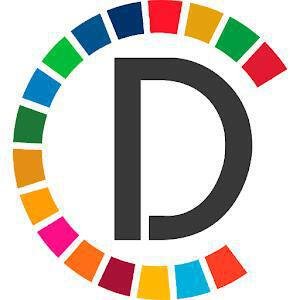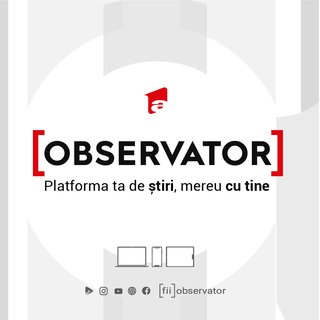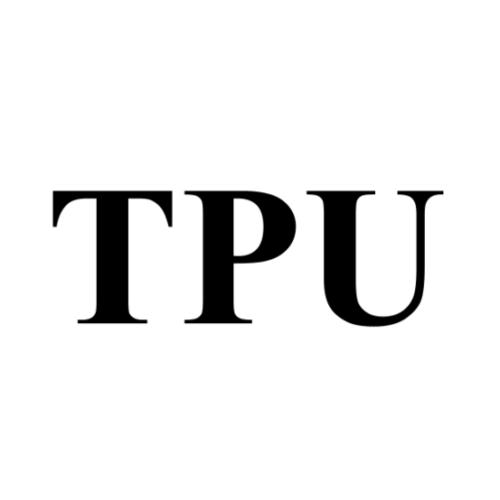- Russian President Vladimir Putin reportedly agreed to help mediate discussions between Trump and Iran on nuclear issues. Trump administration officials also reportedly explored potential talks with Iran during a summit in Saudi Arabia.
- Iran’s Supreme Leader Ayatollah Ali Khamenei, after briefly signaling openness to negotiations in August, firmly rejected talks with Trump in February. Iran’s president reaffirmed this stance, stating the country will follow the supreme leader’s directive.
- The Trump administration reinstated a maximum pressure campaign aimed at crippling Iran’s oil revenue and curbing its nuclear advancements.
Full Story
Russian President Vladimir Putin has reportedly agreed to help facilitate negotiations between President Donald Trump and Iran regarding its nuclear program, according to Bloomberg. However, some Iranian officials are skeptical about negotiations with the U.S.
Trump expresses interest in talks
According to Bloomberg, anonymous sources familiar with the matter said Trump expressed interest in discussing Tehran’s nuclear activities and its support for anti-U.S. proxies in the Middle East.
This conversation reportedly took place during a phone call with Putin in February 2025. In addition to that discussion, Trump administration officials also reportedly explored communication with Iran during a recent summit with Russian officials in Saudi Arabia.
Russia and Iran respond
Kremlin spokesman Dmitry Peskov stated that Russia supports a diplomatic resolution between the U.S. and Iran and is willing to assist.
Iran’s Foreign Ministry spokesman, Esmaeil Baghaei, acknowledged that multiple parties may express goodwill and a willingness to mediate discussions.
Iran’s Supreme Leader recently rejected talks
While some Iranian officials have signaled openness to negotiations, others remain skeptical due to Supreme Leader Ayatollah Ali Khamenei’s stance on the U.S.
In August 2024, under the Biden administration, Khamenei suggested he was open to negotiations. However, in February 2025, he shut the door on any potential talks with Trump.
Iran’s president, Masoud Pezeshkian, who follows the supreme leader’s directives, reinforced this position over the weekend of March 1.
“My belief was that talks are better, but the supreme leader has said we do not negotiate with the U.S. and we will go forward in the direction of the statements of our top leader,” Pezeshkian said.
Iran’s Nuclear Program escalates
Tensions continue to rise as Iran expands its nuclear program. The Wall Street Journal recently reported that Iran has accumulated enough highly enriched uranium to produce at least six nuclear weapons. A report from the International Atomic Energy Agency (IAEA) revealed that Iran’s stockpile of uranium enriched up to 60% has surged to over 600 pounds as of February.
This is a significant increase from November, when the stockpile was reported at 200 pounds. According to the IAEA, this level of enrichment is just “a technical step away” from reaching the 90% purity required for nuclear weapons.
Trump’s maximum pressure campaign
As tensions rise, Trump has reinstated what he calls a maximum pressure campaign against Iran. His administration has issued two rounds of sanctions targeting Iran’s oil sales, the country’s primary revenue source.
One of Trump’s executive orders states that the White House’s goal is to “implement a robust and continual campaign … to drive Iran’s export of oil to zero.”
The administration argues that “Iran’s behavior threatens the national interest of the U.S. It is therefore in the national interest to impose maximum pressure on the Iranian regime – to end its nuclear threat.”



































